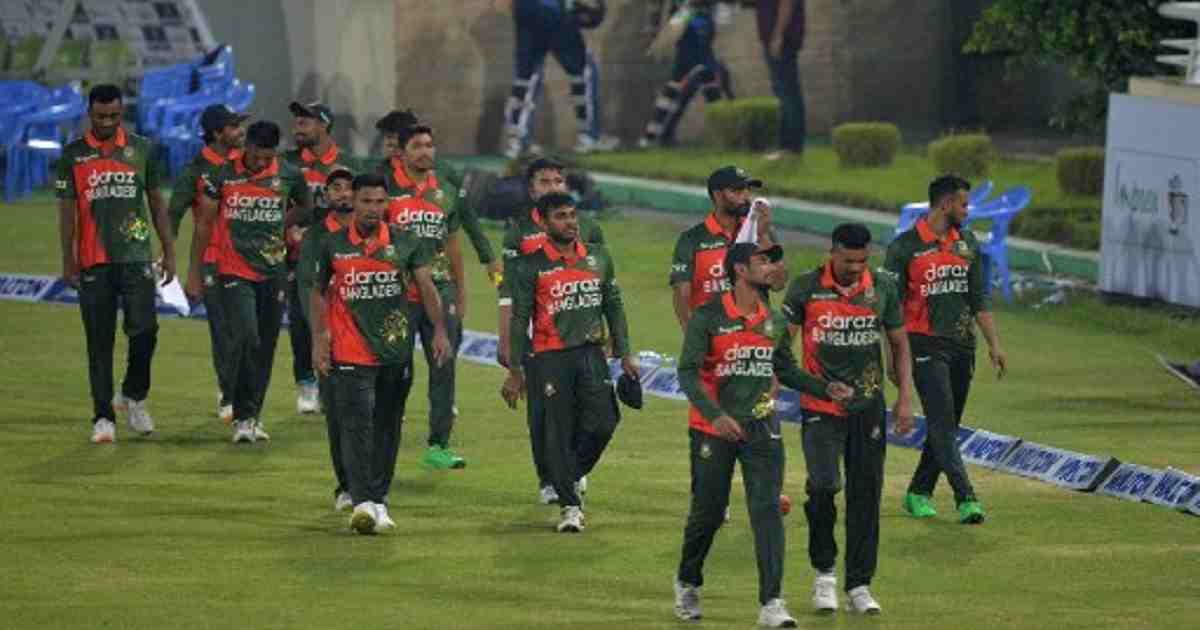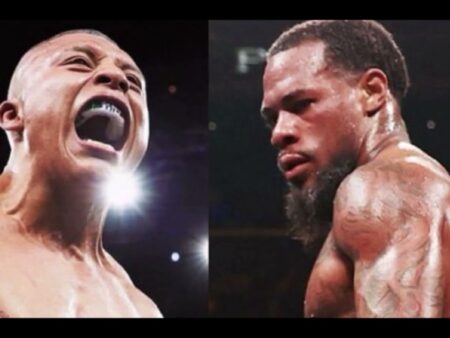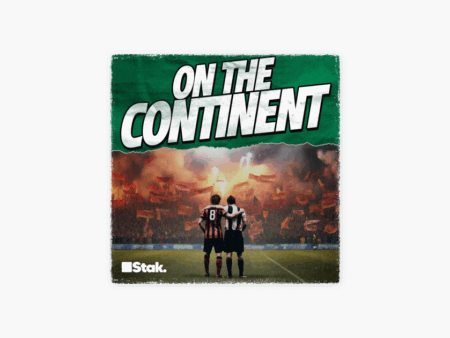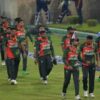
Dhaka, Bangladesh – The cricketing heart of Dhaka, typically buzzing with the thwack of bat on ball and the roar of passionate fans, has fallen ominously silent. A widespread and emphatic boycott declared by the Dhaka Club Cricket Organizers Association (DCCOA) has brought all levels of local cricket to a grinding halt, sending ripples of uncertainty through Bangladesh`s beloved sport. The cause? A fiercely disputed Bangladesh Cricket Board (BCB) election, branded “illegal” and “manipulated” by a significant faction of the cricketing establishment.
The Spark of Discontent: An “Illegal” Election?
At the core of this dramatic standoff is the recently concluded BCB election, which saw Aminul Islam assume the presidency for a new term. However, the DCCOA, an umbrella body representing numerous prominent clubs and district associations, has unequivocally rejected the legitimacy of this electoral process. Their claims are not merely procedural; they hint at deeper systemic issues, alleging irregularities that undermine the very spirit of fair governance.
Adding significant weight to the protest is the stance of former national cricket icon Tamim Iqbal, who had initially withdrawn from the election, citing what he described as “government interference.” His presence at the briefing, alongside protesting organizers, underscored the gravity of the situation.
“I found it laughable that 34 out of 42 club votes were cast through e-voting – even though those voters were physically present at the polling centre,” Tamim Iqbal remarked, highlighting an incongruity that, to many, borders on the absurd. One might ponder the exact efficiency gained by casting an electronic vote while physically occupying a polling booth – a curious blend of modern technology and what some might call, old-fashioned electoral theatre.
The Voices of Dissent: “No Scope for Dialogue”
Masuduzzaman, a councilor for the venerable Mohammedan Sporting Club and a prominent voice within the DCCOA, articulated the protesters` unwavering resolve. “We do not recognize this election. There is no point in any discussion,” he stated, leaving little room for ambiguity. He further dismissed the newly elected president, Bulbul, as “an illegal president” and vowed that clubs under the DCCOA`s banner would not participate in any league or district cricket going forward.
The DCCOA asserts that their numbers are growing, claiming support from 38 clubs and counting. This united front is crucial, as Masuduzzaman emphasized: “If any club faces threats or pressure, we will remain united. Cricket, for now, will remain suspended.” This declaration signals a firm, non-negotiable stance, effectively drawing a line in the sand between the protesting clubs and the newly constituted BCB leadership.
Cricket`s Unseen Casualties: The Players and the Game
While the administrative battle rages, the immediate casualties are the players and the scheduled cricketing calendar. The Dhaka Third Division Cricket League, already rescheduled once due to the BCB election, now faces further, indefinite uncertainty. These lower-tier leagues are often the proving grounds for budding talent, the lifeblood of grassroots cricket, and their disruption has tangible consequences for aspiring athletes.
The sight of an empty cricket ground, usually teeming with activity, serves as a stark reminder that administrative discord rarely confines itself to boardrooms; its echoes resonate loudest on the pitch, affecting careers and dampening the aspirations of many.
The Board`s Response: A Commitment Amidst the Storm
In response to the escalating crisis, the Cricket Committee of Dhaka Metropolis (CCDM), a BCB unit responsible for organizing Dhaka`s club-based competitions, issued a press release. The CCDM reiterated its commitment to upholding the domestic calendar for 2025-26, assuring players and stakeholders that preparations were underway for various leagues, including the Dhaka Premier Division, First, Second, and Third Division Cricket Leagues, and T20 competitions.
“The interests and welfare of the players remain the highest priority and primary focus of both the CCDM and the Bangladesh Cricket Board,” the statement affirmed. However, with the DCCOA refusing any dialogue and labeling the new leadership as illegitimate, such assurances may ring hollow to those currently on strike.
While BCB high officials are reportedly engaged in meetings to discuss these latest developments, the chasm between the protesting clubs and the board appears to be widening. The path to resolution is unclear, with the DCCOA steadfast in its rejection of the election`s outcome and the newly elected leadership. For now, the future of cricket in Dhaka hangs precariously in the balance, a poignant reminder that even the most beloved sports are not immune to the complexities of governance and the powerful currents of dissent.










